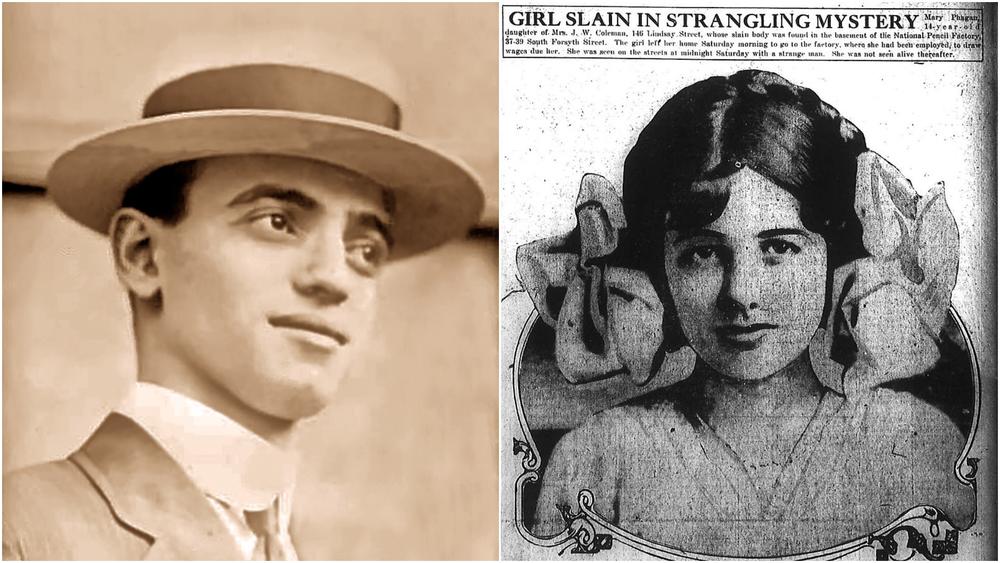Section Branding
Header Content
Former Gov. Roy Barnes On Reexamining The Century-Old Case Of Leo Frank
Primary Content
More than a century ago, Georgia was rocked by a murder, a controversial trial and a lynching.
Leo Frank, a Jewish man from New York who ran the National Pencil Company in Atlanta, was charged with the rape and murder of 13-year-old Mary Phagan.
GPB's Leah Fleming interviews former Georgia governor and attorney Roy Barnes
Although he was convicted of the crime in 1913, some were convinced that Frank was innocent, and that anti-Semitism played a role in the decision.
https://www.youtube.com/watch?v=fprsNFwMqck&ab_channel=GPBEducation
Then-Georgia Gov. John Slaton even commuted Frank’s death sentence, believing he did not commit the crime. But, just a few weeks later, Frank was dragged from his cell in Milledgeville by a mob of Marietta residents and lynched.
None of the men were charged, and many of them would go on to establish the modern-day Ku Klux Klan.
Now, former Gov. Roy Barnes is working with the Fulton County District Attorney’s Office to exonerate Frank more than 100 years later.
He spoke with GPB's Leah Fleming to talk about the case, his family's connection to the lynch mob and why the story of Leo Frank still holds importance more than a century later.
READ: Phagan family's statement on the exoneration effort by Barnes and the Fulton County D.A.
NOTE: The date of Frank's conviction has been correctly changed from 1915 to 1913. Frank had his death sentence commuted in 1915 and was lynched shortly thereafter.



